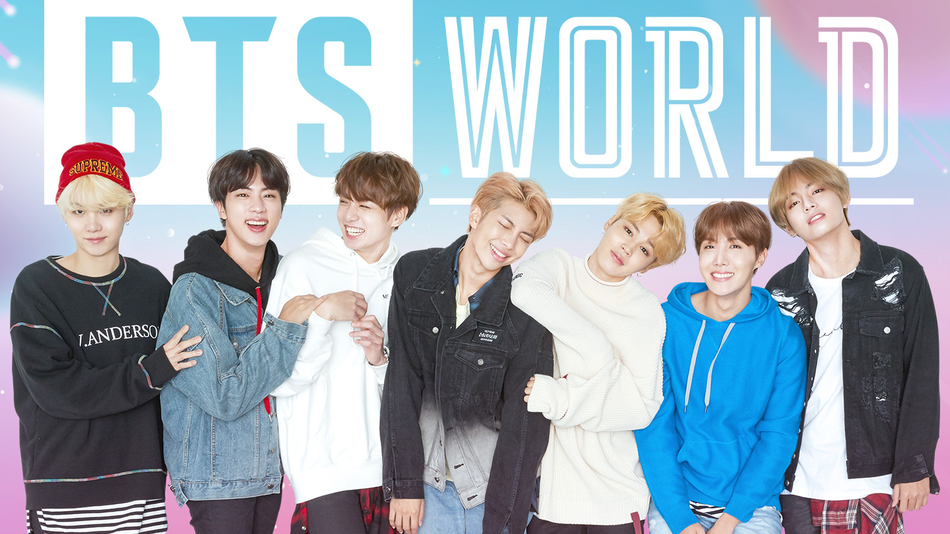Do Asians and Westerners think differently?
If you’ve ever travelled or lived in Asia as a Westerner, you might have noticed a few minor differences in the way we approach life, compared to local folks.
Minor stuff.
Case in point - an official got in HOT water for pointing at a car with her foot here in Cambodia this week. You’d get it if you lived here.
But is it possible to say there is an underlying “Eastern worldview” and an underlying “Western worldview”?
This is the key premise of social psychologist Richard Nisbett’s book, The Geography of Thought. I found it very insightful.
Of course, to lump all “Westerners” or “Asians” into one or two groups is ridiculous on many levels…
Singaporeans are VERY different to Cambodians. New Zealanders are much better than Australians. And Japanese are not at all like Indonesians. Could Hello Kitty have arisen in Indonesia? Could Flight of the Conchords have been birthed in Australia?
I don’t think so.
But there is an underlying worldview, an intellectual heritage, in Asia that flows from deep cultural roots in China. And this underlying worldview contrasts strikingly with the Western way of seeing the world, which Nisbett suggests flows from Ancient Greece.
East versus West.
Confucius versus Aristotle.
Hello Kitty versus Mickey Mouse.
BTS versus Backstreet Boys.
BTS - the latest boy band out of South Korea. Just like the Backstreet Boys, but with more make-up and better dance moves.
So, here’s how this all came about…
Basically, the geography of China – flat fertile plains – lent itself well to the cultivation of rice. And steaming white rice became the staple diet of much of Asia. Three times a day you eat rice. As Cambodians say, “If you haven’t eaten rice, you haven’t eaten.”
In contrast, Greece was more mountainous, and so hunting, fishing and trading along the coastline became the primary means of putting food on the table each night. They didn’t even develop settled agriculture until 2000 years after China.
In China, growing rice as a staple food meant that local people had to band together to build irrigation systems. You had to work with your neighbours or you would starve. And if you got on the wrong side of the village head honcho – watch out – he might cut off your water supply and you’d be in big trouble. Every Chinese person was first and foremost a member of a group, or rather of several collectives - the clan, the village, and especially the family.
So, from this communal way of life flowed a powerful organizing principle – HARMONY.
For much of Asia, social harmony was not just the highest pursuit. It was the key to survival.
Meanwhile, over in the Mediterranean, the Greeks were able to find food and support their families by themselves. They didn’t really need to work together with neighbours or worry about getting on the wrong side of Uncle Aesop down the lane. The Greeks, more than any other ancient peoples, had a remarkable sense of personal agency - the sense that they were in charge of their own lives and free to act however they chose. Sound like anyone you know?
The Greeks organized their society around democratic assemblies held in the cities – where decisions would be made by rigorous debate, logical arguments and rhetoric. There was no need to worry about offending anyone else, because they didn’t hold your livelihood in their hands. You were free to speak out and pursue whatever you thought was right.
And so, from this individualistic way of life flowed a powerful organizing principle – LIBERTY.
The Marlboro Man - rugged individual, American icon, and handsome lung cancer promoter
For many Westerners, liberty, individual freedom and self-expression is the highest pursuit. And this flowed down to a certain extent into every Western nation – from Europe and to North America and beyond.
If Westerners see themselves as the main hero in a movie about themselves, perhaps many Asians see themselves as cast members in a movie – part of a greater whole where no-one acts alone.
And so, key differences in the Asian and Western worldview emerge. The Eastern worldview, based on harmony, has a much clearer picture of the interrelatedness of all things. The Eastern worldview sees how every action a person takes impacts so many other people.
The Eastern worldview understands context.
The Western worldview, based on liberty, allows each person to carve their own way through life, to find their own freedom and happiness, with less need to calculate the impacts on anyone else. The Western worldview is deeply individualistic.
Additionally, the ancient Greeks fine-tuned their debating skills into an art form in their schools for philosophy. They developed logic and a linear way of thinking that has born much fruit in the sciences and technology.
The ancient Chinese, viewing the world in a more circular way, dedicated themselves to art and poetry. They had a deeper sense of paradox – an ability to hold two opposing truths in tension.
For those of us who live in both worlds today – both East and West – it could take a lifetime to understand one another and still we would only be scratching the surface. But for me, as a follower of Jesus and a reader of scripture, it has been fascinating to see how the Eastern way of thinking saturates the text in many places.
I’ll close this post with a few questions to help you reflect on Eastern versus Western thinking as you read and apply the Bible:
1. Why do we Westerners insist on understanding salvation solely on an individual basis? eg. There were times when salvation came to a whole household (Lk 19:9).
2. Why do we minimize the family impacts for an Eastern thinker coming to Christ, when one of the Ten Commandments is to honour your parents (a deeply Asian concept)?
3. Are there alternative ways to frame “the gospel” beyond the Western worldview that centres guilt (an internal/individual concept) instead of shame (which by definition is experienced in the context of others)?
4. Consider the Prodigal Son story as a deeply Eastern way of capturing the essence of “the gospel” – it includes honour and shame, family, community and of course – food and feasting!



